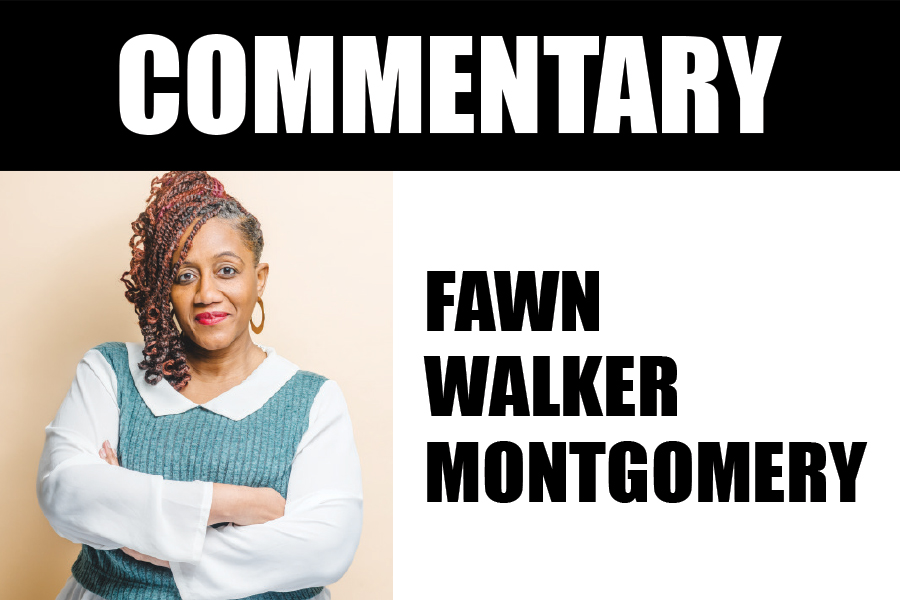Worship of the written word plays a role in one’s journey of unlearning White supremacy. This shows up with having a strong focus on correct documentation, which can sometimes lead to Black people having a white gaze with their writing. Additionally, Christianity has been used to discourage resistance among Black communities and, at times, cause division.
This creates respectability politics and division between those who “put up with indirect and direct racism” to get by and those who realize that we no longer need to do so. I often want to scream to tell some of our elders that while I understand why they did that, we no longer have to!
I recently encountered a situation that reminded me of this. After instances of local police violence, my organizing style was criticized and I had the now-infamous quote by our forever First Lady Michelle Obama, “When they go low, we go high,” thrown in my face—all while they openly worked with those who continue to oppress us.
The Bible has, at times, been utilized to reinforce this and persuade Black people to forgive rather than fight. This began during slavery and has persisted in schools as well as churches. Bible verses such as “turn the other cheek” are used to quiet justified rage born from the brutality of enslavement.

During slavery, it was used to further the myth that Black slaves were content and happy. Local politicians tend to use similar tactics today, as they focus on posting photos from events and donating small amounts to Black-led organizations, trying to convey a message that they care and are addressing racism.
Additionally, some politicians also use this to encourage Black Christians to adopt a colonized perspective on the Black LGBTQ+ community, specifically Black transwomen, causing, at times, a strained relationship resulting in “church hurt” and trauma.
Before I continue, I think it’s important to note that my intention is not to criticize Christianity. At one time, I identified as a Christian, and many of my loved ones remain connected to both Christianity and the Bible. Neither of which is wrong.
However, after taking steps to deconstruct my internalized perceptions of White supremacy, I unlocked a new level of consciousness. This process led me to hold Christianity accountable for its role in perpetuating White supremacy. I believe that I can recognize these issues and still maintain a relationship with the most high.
After reading and studying our history, I began to recognize that many of our ancestors practiced Christianity out of survival. Before we were kidnapped and forced into slavery, Black people practiced various forms of African spirituality. To survive, many were forced to assimilate into Christianity.
Some of our ancestors held onto their spiritual beliefs as a form of resistance. They utilized breathing, plants and water to connect with nature and heal. Their resilience in maintaining these traditions emphasizes the importance of reconnecting with them. I know that resilience has become a buzzword, but that’s only because of the white gaze that has, at times, become associated with it. Despite this, we must reclaim our language as well as other practices.
Yoga, meditation, hiking, gardening, and growing your food are not “White people things;” they are valuable traditions passed down from our ancestors. To truly decolonize Christianity, Black people must unlearn co-opted truths and reclaim our true spiritual practices. This involves accepting the historical framework of why these practices were hidden from us and understanding their importance in our collective liberation.